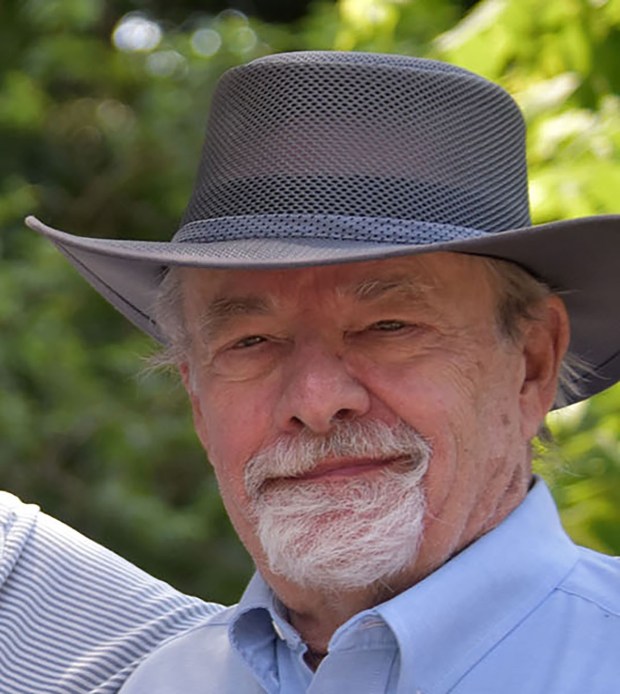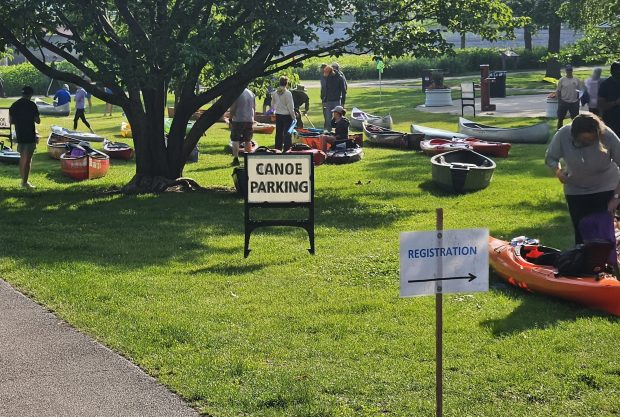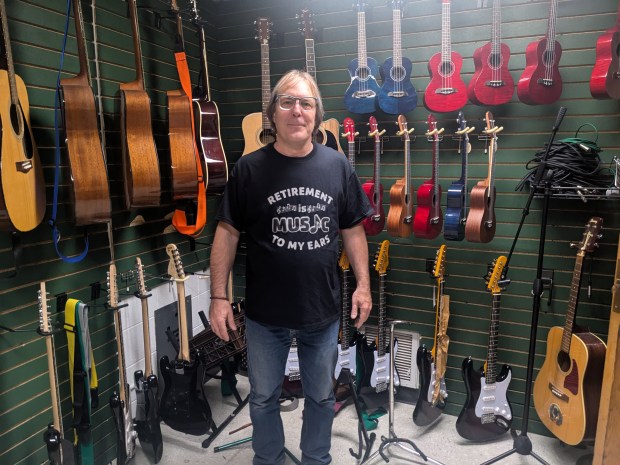Local keepers of the history of the Underground Railroad in the Chicago area and south suburbs are applauding progress of state legislation to create a statewide commission devoted to the subject.
They say creation of the Illinois Freedom Trails Commission could increase educational opportunities into an important segment of American history largely unknown to many people, and perhaps boost tourism centered on the journeys of “freedom seekers” through Illinois.
For many slaves escaping from Southern states, the Chicago area was a stopover on the way to Detroit and eventually into Canada, local researchers said.
Legislation creating the commission recently passed through the state Senate and could be taken up soon by the House, according to state Rep. Debbie Meyers-Martin, D-Matteson, chief co-sponsor in the House.
She was co-chair of the state’s Underground Railroad Task Force, which helped get the legislation introduced.
Meyers-Martin said there are enormous amounts of information done by researchers throughout the state who could pour that into a central database should the commission be established.
“We would have the opportunity to inform the public about how Illinois was participatory in the Underground Railroad,” she said Friday.
Meyers-Martin said she learned, through her work with the task force, that Sauk Trail, now a busy road in her district, had been part of the freedom seekers’ network.
The commission would have a chair and 10 members appointed by the governor, with the commission’s goals including furthering research into the trail taken by freedom seekers, establishing an online database and biographical information about key persons identified with the Underground Railroad, according to the legislation.
The commission would work with the Illinois State Board of Education to develop an educational program available to all public schools, develop standards and guidelines for historic markers and signage, and explore heritage tourism opportunties.
Larry McClellan, a professor emeritus at Governors State University, has written three books on the Underground Railroad (Penny Shnay/for the Daily Southtown)
Larry McClellan, who has researched the Underground Railroad for many years and is president of the Midwest Underground Railroad Network, said work will start this fall on “a very modest” statewide network devoted to the history of the Underground Railroad. That would get underway in anticipation of the statewide commission being created.
“We’re glad for the progress but we know it will take time,” McClellan said.
He helped establish Governors State University in University Park, where he taught for 30 years and is emeritus professor of sociology and community studies.
In the mid-1970s, he was village president of University Park, then called Park Forest South, and has been on the boards of the Illinois State Historical Society and the Will County Historical Society.
McClellan said the general public is largely unaware of the Underground Railroad and said there is much misinformation out there.
“The thinking is the Underground Railroad was a system set up by almost all white abolitionists, and that is just not the reality,” he said. “Men, women, Black families and white families have all kinds of experiences with freedom seekers.”
Tom Shepherd is secretary of the recently renamed Midwest Underground Railroad Network, previously the Little Calumet River Underground Railroad Project.
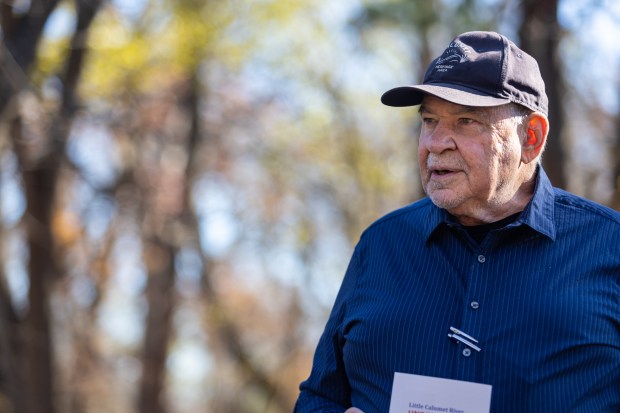
The group has new office space inside South Holland’s First Reformed Church and has expanded its scope, Shepherd said.
He said the Underground Railroad and journeys of freedom seekers “is a piece of history that largely gets ignored in this area” despite Chicago’s South Side and south suburbs being identified as home to safe houses and waystations for freedom seekers.
“A lot of escaped slaves came through this area, and we want to bring that story to people,” Shepherd said.
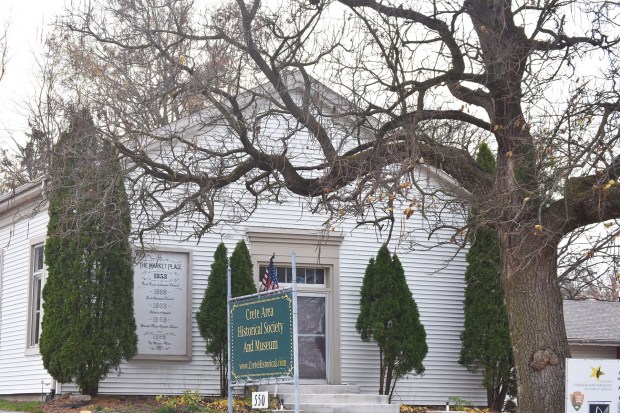
For the past few years, his organization has worked with the Cook County Forest Preserve District to conduct Underground Railroad history tours in the region, and this year’s first was scheduled to take place Saturday.
“We have identified a number of sites that were safe houses or stopovers,” on the trail, he said.
Shepherd said many participants say they had previously had little to no knowledge about the existence of the Underground Railroad. He said that, through the commission, there could be a way to increase tourism centered around the travels of freedom seekers and identified sites on Chicago’s South Side and in the south suburbs.
“We have this story right here in our back yard,” Shepherd said. “So many people are unaware of this history and unaware of this movement of people through our area.”
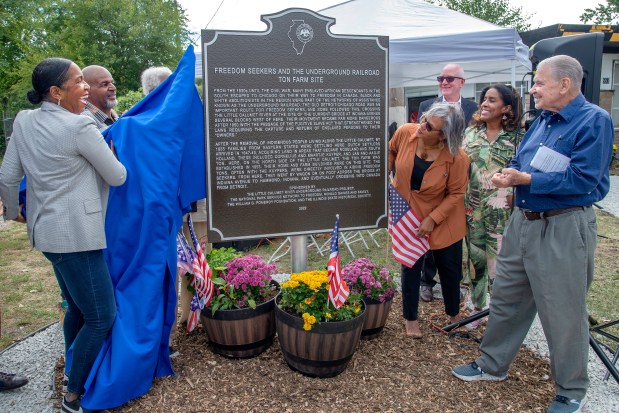
His organization will work this summer with interns from the University of Chicago and Purdue University to do more research on potential historical sites in Illinois and Indiana.
If approved by the General Assembly and signed into law, the state commission legislation would put the new commission under the purview of the state Department of Natural Resources.
Meyers-Martin said she is hopeful the DNR will include funding in its budget for the commission, but was unsure how much might be needed initially, as the commission gets established.
McClellan said that “we don’t need a lot of money, but we really need a central office to help nurture things along.”
mnolan@southtownstar.com


